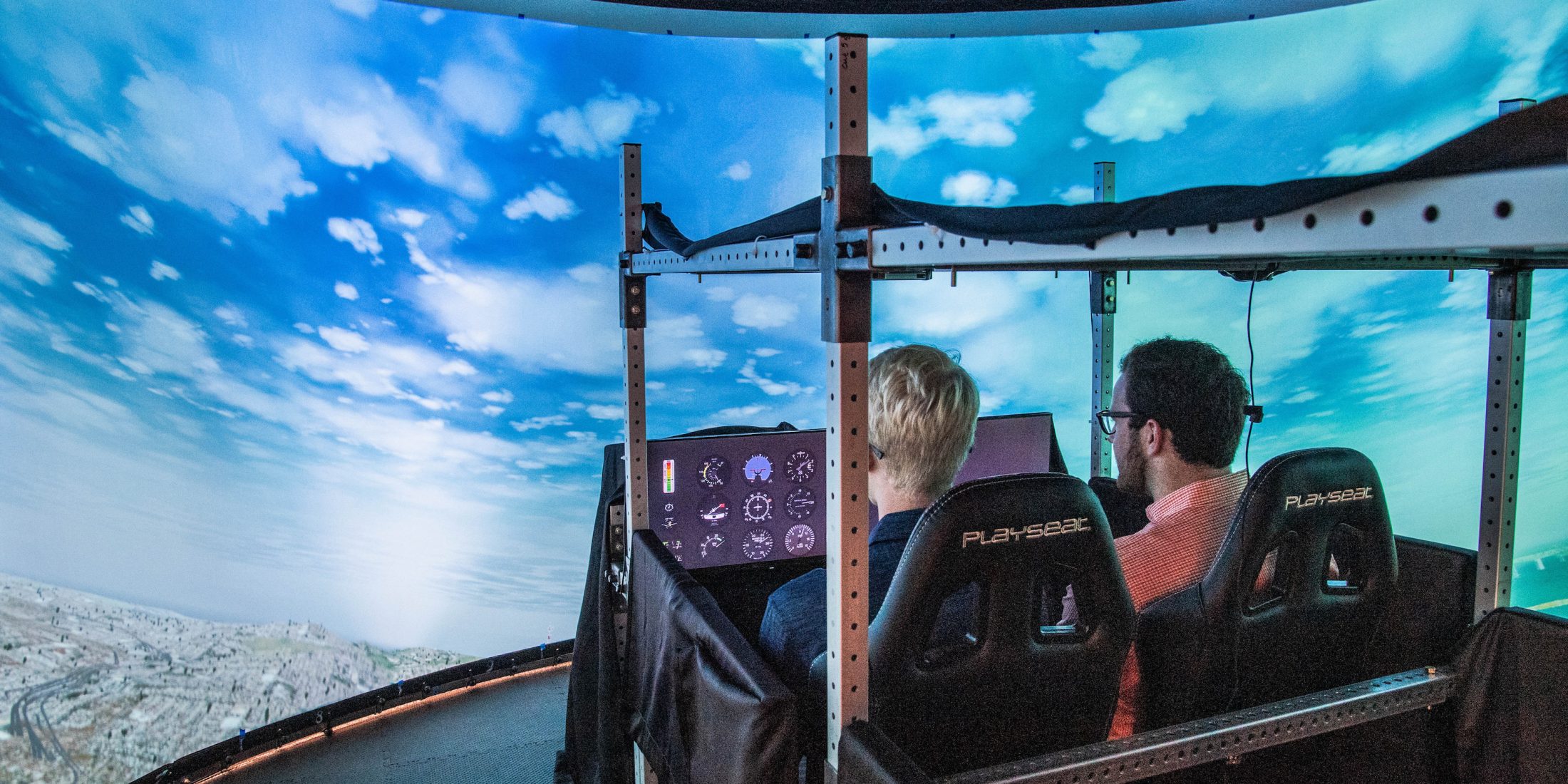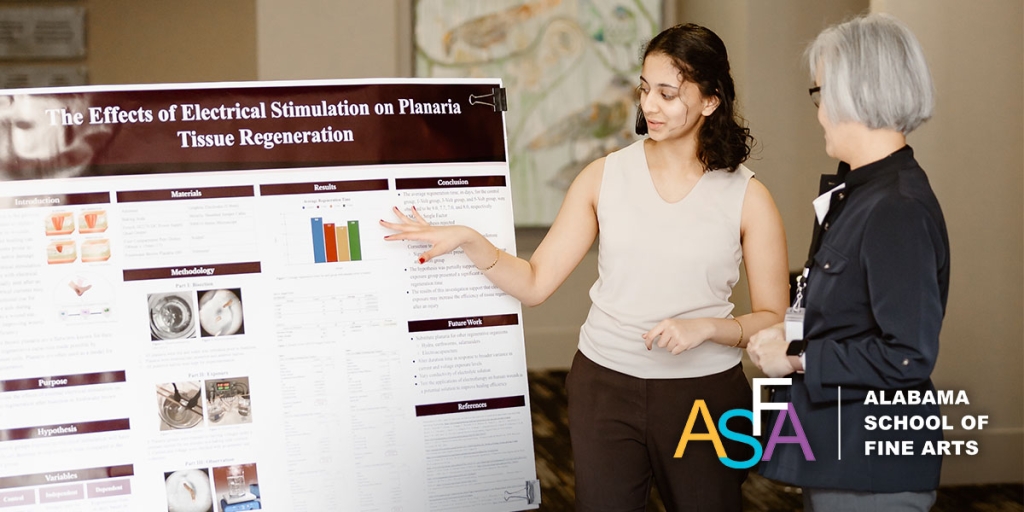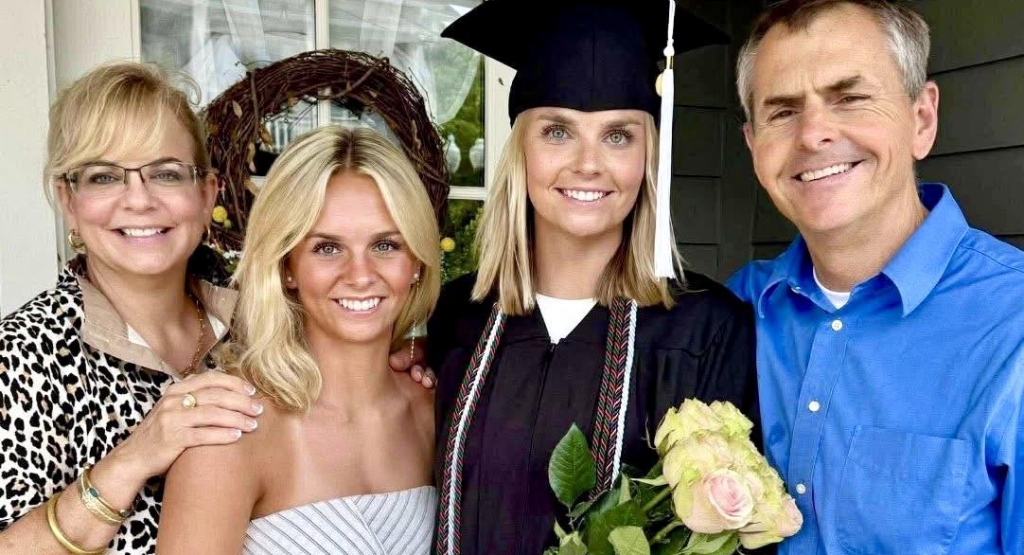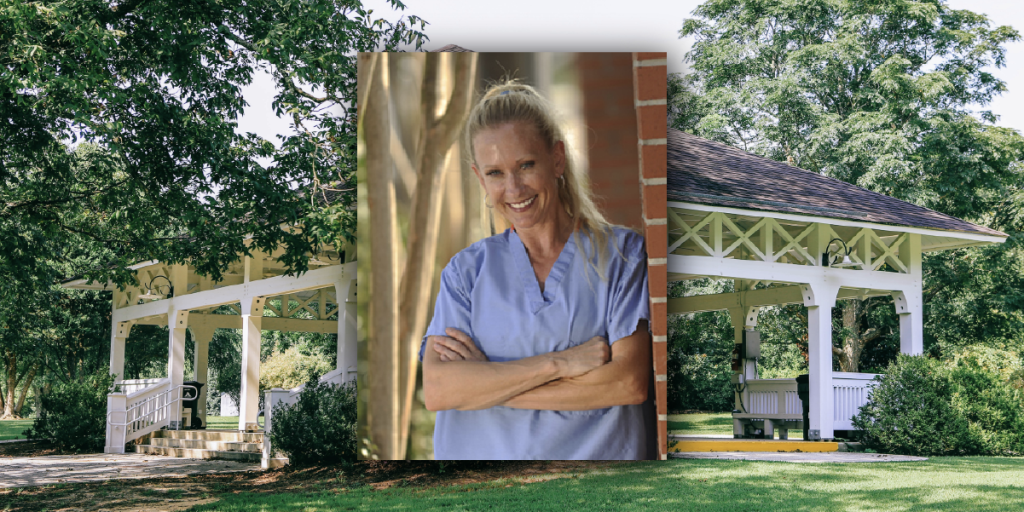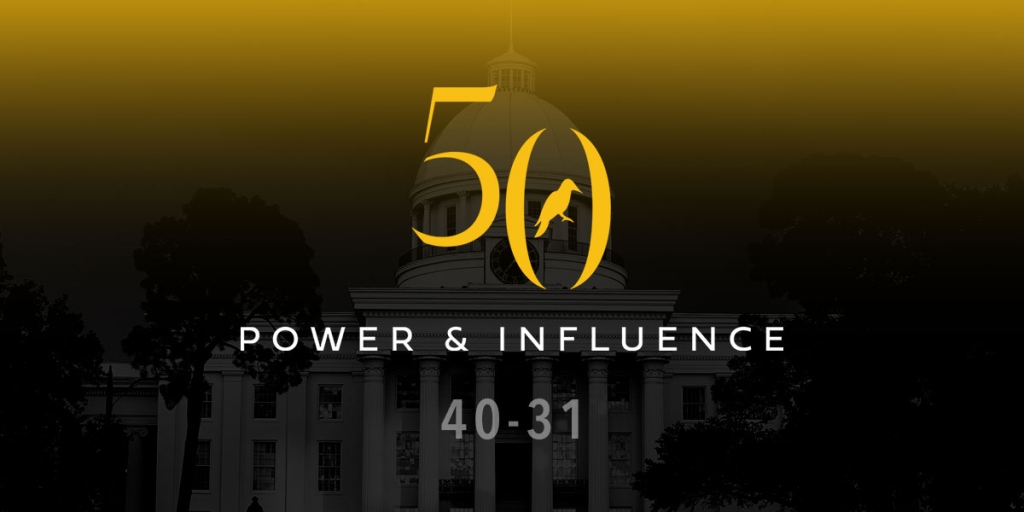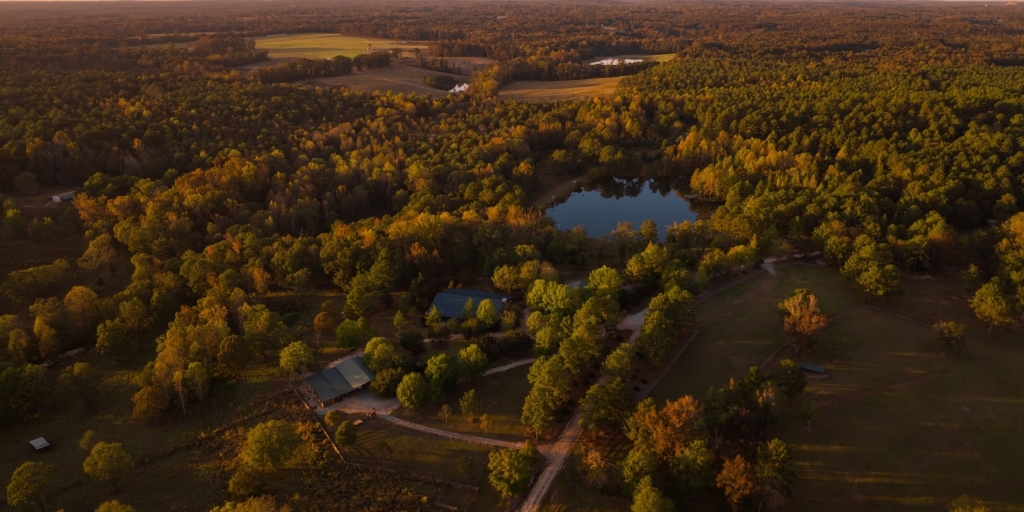With highly skilled alumni and innovative research efforts, Auburn University is a key contributor to Alabama’s aerospace and aviation industries.
Enrollment has risen significantly in recent years in degree programs related to the sector, including aerospace engineering, aviation management and professional flight.
Auburn also has forged multiple partnerships with NASA and the Department of Defense, as well as leading manufacturers and airlines.
“Auburn has long had a top-notch reputation for its engineering and flight programs,” said Greg Canfield, Secretary of the Alabama Department of Commerce.
“Through rigorous training and creative collaborations in both the military and commercial fields, the university continues to grow its influence in space and the skies.”
AEROSPACE ENGINEERING HUB
The Department of Aerospace Engineering at the Samuel Ginn College of Engineering is a launching point for much of that influence, as its graduates can be found working for every major aerospace company across the U.S.
Enrollment in the program has doubled in recent years, from 414 students in 2015 to 610 last Fall.
Much of that popularity is due to growing job opportunities in government and commercial aerospace, and other university aerospace engineering programs are also seeing increases in enrollment. But Auburn’s growth is above the national average, said Dr. Brian Thurow, department chair.
“Our students are primarily from Alabama or the Southeast, and with everything going on with NASA in Huntsville and in other parts of the state, they have grown up with this pride in the aerospace industry,” he said.
Auburn also offers aerospace engineering students many hands-on experiences to hone practical skills for their future careers, and there’s a solid legacy of success.
Notable program graduates include astronauts Ken Mattingly and Jim Voss, as well as Nelda Lee, the first woman to pilot an F-15.
“From the day a student sets foot on campus, we put a big emphasis on student involvement and the practical aspects of being an engineer,” Thurow said. “What makes you good as an engineer is the experience you have outside the classroom.
“Your GPA is important for maintaining scholarships and getting your foot in the door, but after that first job, it doesn’t matter.”
Thurow cites several student teams that participate in engineering competitions around the country, including those that design and build radio-controlled aircraft, payload-carrying rockets, robots that can operate in extreme conditions, and even off-road vehicles and racecars.
The teams are multi-disciplinary, another real-world aspect for students to practice as they interact with peers from mechanical, electrical, computer science and other engineering programs.
“When students come to Auburn, I think they see there’s a dozen different things they can get involved with and no shortage of opportunities to experience cool stuff,” Thurow said.
Along with the student competition teams, other cool stuff includes cutting-edge research among the faculty, such as the design of a 40-foot airship, part of an effort to test novel air vehicles for near-space and other applications.
Another project involves the tracking of a lunar rover that will examine chemical compounds on the surface on the moon and create the first resource map of an area near the lunar South Pole.
Auburn also is participating in a program to design, build and test small satellites with the Air Force Research Laboratory, and the university has partnerships with nearby Air Force bases to collaborate on scientific studies.
AVIATION CAREERS
Meanwhile, Auburn’s School of Aviation is making significant contributions of its own.
Nearly 700 students are expected to be enrolled in the professional flight and aviation management majors this fall, up from 84 in 2014.
Aviation Director Dr. James Witte attributes the popularity to the high profile of the school. It is the only flight program among Southeastern Conference universities, and about 60 percent of its students are from out of state.
Witte said aviation students are usually focused and driven toward their career choice from the outset, and the school only loses about 4 percent of first-year applicants.
“People who apply to aviation are not here to ‘find themselves’ or explore,” he said. “They come here with a fixed idea that they want an aviation career of some kind, and they’re very dedicated when they arrive. It’s the same kind of drive you find in pre-med or possibly pre-law students. It’s not for the faint of heart.”
Auburn Aviation has partnerships with Delta Air Lines and United Airlines, in which professional flight students are offered career development opportunities, as well as the chance to become pilots for the airlines on an accelerated timeline. They are highly selective programs, and Witte said he expects similar partnerships with two other airlines to follow.
The aviation management program trains students primarily for jobs in airfield and airport operations, and there are thousands of those across the U.S. But they also go to work for airlines in a wide variety of support positions, as well as the government in various aviation roles.
“People often underestimate the amount of support positions it takes to maintain a cargo or passenger fleet of aircraft,” Witte said. “There is a tremendous amount of administrative work to keep an airline alive. And every airport has an airport manager, who is responsible for regulatory compliance, finances, expansions and many other duties.”
Witte said there’s a shortage of such professionals, and Auburn’s aviation alumni are filling the gaps.
“Our people generally do not leave here looking for a job,” he said.
(Courtesy of Made in Alabama)




